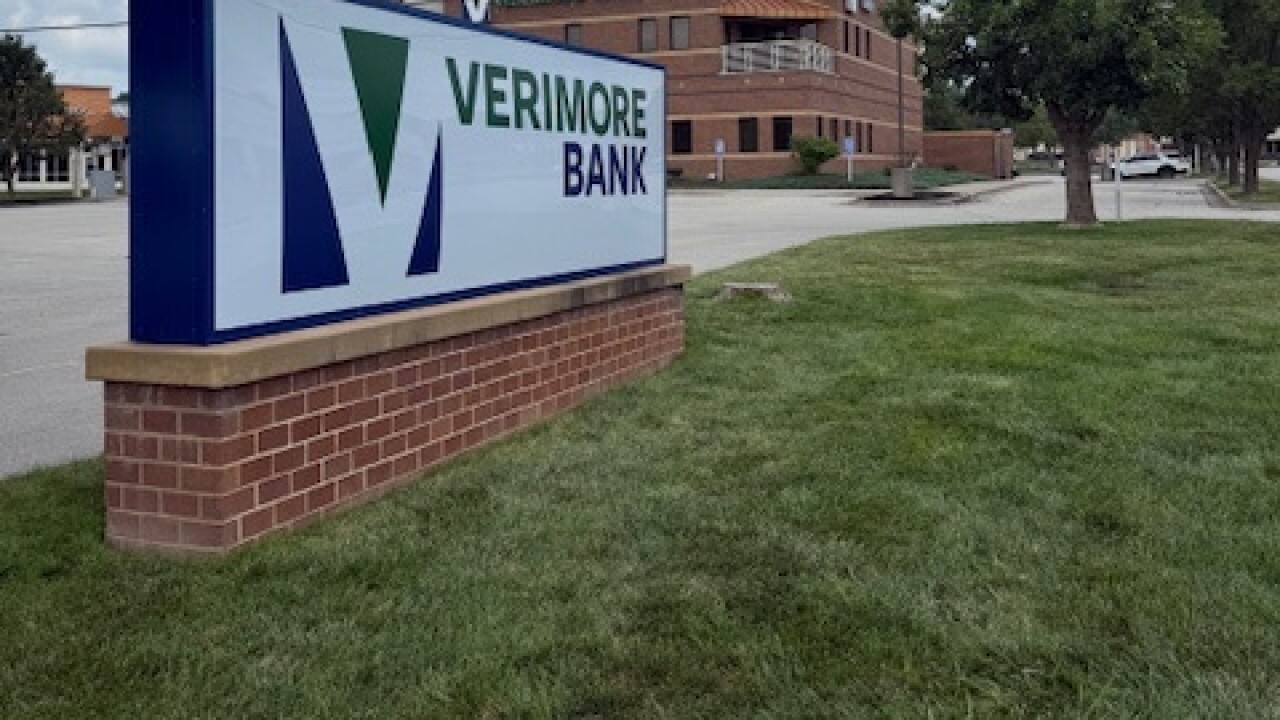The new head of Barclaycard's U.S. mobile business said Thursday that forming new partnerships with mobile payments players is a top priority for the card issuer.
The Wilmington, Del., unit of the British banking company Barclays PLC has had "exploratory conversations" with other companies in the mobile payments "ecosystem" and views multiple approaches as the best way to appeal to consumers and merchants, Dekkers Davidson said in an interview.
"We really see the signs that consumers are ready and that merchants are keen [on mobile commerce], so part of our role is to be a catalyst to make this more of a reality in the next 12 to 24 months and our plans are aligned to do that," Davidson said.
Barclaycard announced Thursday that Davidson, a former telecommunications executive who most recently was a consultant with Oliver Wyman, is heading its mobile payments initiatives in the U.S.
He reports to Amer Sajed, the chief executive of Barclaycard US.
"Mobile payments can be a competitive differentiator in attracting new customers and in making payments easier and more rewarding for existing customers," Sajed said in a press release.
Barclaycard, which offers mobile payments services overseas, has been making a bigger push to increase its profile in the U.S. It was one of the original partners involved in Isis, a joint venture announced last year by the wireless carriers AT&T Inc., T-Mobile USA and Verizon Wireless that plans to enable consumers to use mobile phones equipped with near-field communication chips to pay for goods at retailers.
Isis, which also initially announced Discover Financial Services as a partner, recently announced that it was open to working with other banks and payments networks.
"We've worked with them carefully to help them develop and refine their plans," Davidson said.
Barclaycard is also working with Visa Inc. on a service the San Francisco payment network announced last week that would allow consumers to link multiple bank cards to a so-called digital wallet.
While some analysts view Visa's service as potential competition for Isis, Davidson said the approaches are "more complementary."
"We see them as … different ways to reach the market with slightly different approaches," Davidson said. "From our vantage point it's an opportunity to test different types of solutions."





